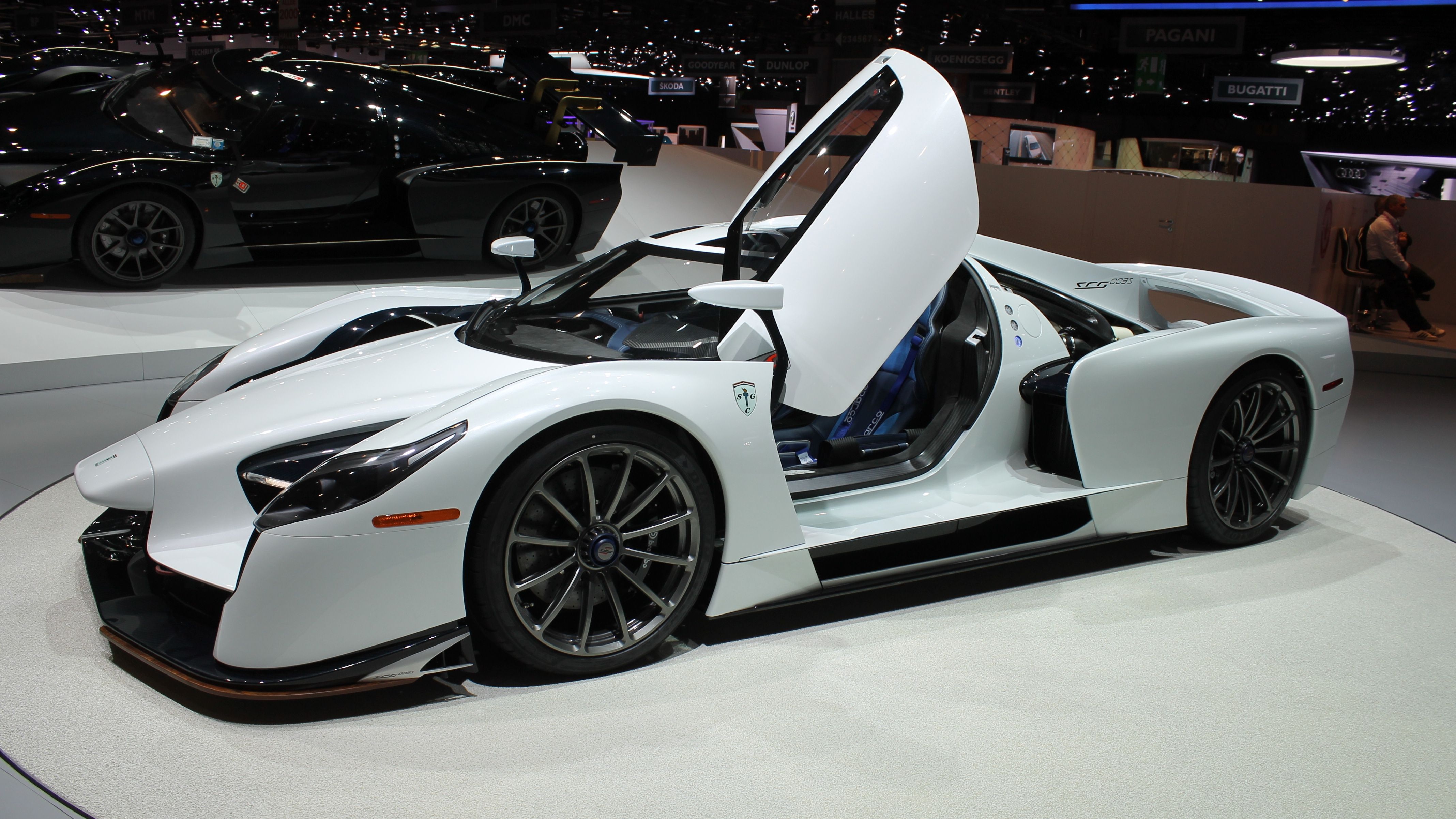The Nurburgring lap time record has been in the headlines recently now that the Lamborghini Huracan Performante has officially set the lap record around the track with a lap time of 6:52.01. That said, the achievement didn’t come without any controversy as a handful of people questioned the legitimacy of the lap record, which prompted a response from Lamborghini itself. This exchange leads me to this question: should automakers really put that much importance on the Nurburgring lap record?
There’s no doubt that it’s a tricky question to answer, in large part because a lot of the cars that make a run at the record are of the power and performance persuasions. Being the fastest around the Green Hell is proof of the car’s capabilities and, in some cases, it becomes a huge selling point in trying to literally sell the car to the consumers. Heck, even James Glickenhaus has gone out and proposed an actual competition to determine which car really is the fastest around the track, presumably doing so on claims that his new SCG 003S track car can lap the world famous track in just 6:30 and change. On these counts, the importance of the Nurburgring lap record is self-evident.
But are automakers putting too much importance on it and sacrificing other things about their cars just so these cars can claim to being the fastest around the track?
I can tell you personally that there are longer stretches of roads where these cars drive on when they’re not in the Nurburgring, so in those cases where power and performance take a back seat to handling and comfort, that Nurburgring lap time does not matter. And, for all the pomp and circumstance attributed to these record laps, automakers should be just as wary about making sure that these cars are as fun to drive on public roads.
Continue reading for the full story.
It's important, but it shouldn't be for everybody
Did you know that the lap time Lamborghini set with the Huracan Performante is almost five seconds quicker than the Porsche 918 Spyder’s 6:57 lap time, which stood as the record for the last three years and change? It’s a tremendous accomplishment for the Italian automaker, and I'm fully aware that power and performance are of premium importance to these machines, but the way the company reacted to the skeptics of its lap time is pretty indicative on how seriously these companies take this so-called lap record.
A Lamborghini spokesman even sounded defensive when he suggested to Autoblog that the controversy was rooted in “one blogger’s business model paying for clicks.”
Granted, the Huracan Performante looks and sounds like a great supercar. By all accounts, it might actually be one of the best ones Lamborghini has produced from a performance standpoint.
I just don’t understand why the record is treated as some kind of holy grail, even if it comes at the cost of short-changing certain aspects about the car that would be useful on public roads.
Take the 2012 Opel Corsa VXR Nurburgring Edition, for example. It was actually developed in the Nurburgring and while it proved to be as quick and handled about as well as Opel developed it to be on the track - it had a 0-to-60-mph time of 6.5 seconds and a top speed of 145 mph - it also ended up being a real handful to drive on the road. A friend of mine actually owned of these cars and I had a go with it a few years ago. It was fast, I’ll give it at that, but that stiff suspension that was developed in the Nurburgring didn’t translate that well for those who were driving it everywhere else.
I get it that the Nurburgring lap time is important for some automakers, especially the supercar brands. But for everybody else, that so-called importance should at least be mitigated by the need to satisfy the needs of those people who want to buy these cars in spite of their Nurburgring lap times.
Read our full review on the Lamborghini Huracan Perfomante here.

